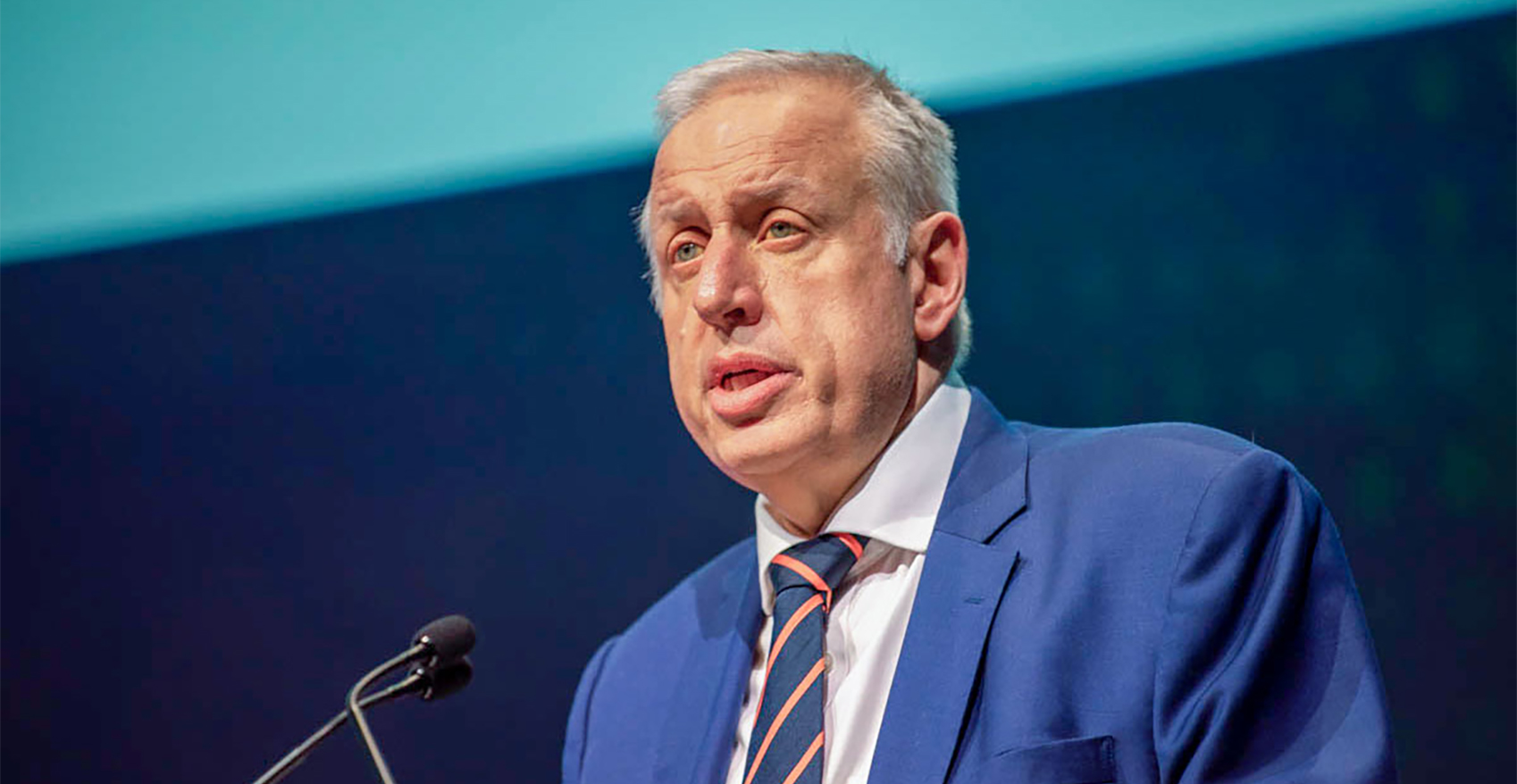Dr Harry Nespolon passed away last night after nine months with pancreatic cancer. He leaves behind a wife and two young daughters.
Dr Harry Nespolon passed away last night after nine months with pancreatic cancer. He leaves behind a wife and two young daughters.
It’s obvious, of course, but he’s gone way too young. Although he was always doing a lot of extracurricular work to advance the profession through his career, particularly in medical education and training, it was in his current role as RACGP president that Dr Nespolon really found his mojo.
In Canberra his particular style – quietly spoken but razor-sharp – resonated with powerbrokers and influencers. He knew his stuff across the spectrum of business, education, training and medicine. His disarming intelligence and charm were hard to put in a corner, as was the fate of many leaders of both the RACGP and the AMA had been in the past. He cut through and changed perceptions of general practice where it counted. He was a sophisticated and articulate spokesman for general practice.
Part of “knowing his stuff” came from the fact he never stopped educating himself. He held degrees in medicine, law, medical law, and two MBAs, one from the prestigious London School of Economics. He built successful businesses. As a business person and business mind, he was impressive in his own right. That helped him a lot when he became RACGP president, because he understood from a business point of view, from day one, that despite the membership and revenue growth of the past decade, the college was not being well run.
He listened to members. He surveyed the membership several times to understand better what was really frustrating them about their college. And he acted on each of the member identified issues, one by one, notably at the beginning of his tenure by stopping PLAN and later by shaking up the executive as best he could.
As with most great leaders, he wasn’t loved by everyone. Paul Keating famously said, “if you don’t have enemies you aren’t trying hard enough”. Dr Nespolon was well aware of this. He understood that the need to go fast given his short presidential tenure meant more enemies in the short term, and to some extent more stress in his life. He balanced those he left in his wake and those who he recruited into his vision very skilfully.
Something I particularly loved about his style was that when he came upon college based obstacles that were thrown up simply as formal and procedural, to slow him down, he simply ignored them. This surprised and annoyed people at first. But eventually, people realised that those formalisms were part of a somewhat sclerotic culture. That ignoring them had virtually no impact except for showing up more college weaknesses. It turned out to be a very effective strategy.
Dr Nespolon talked to the medical media from day one of his tenure – the executive had long since decided to try to freeze the medical media out of the picture – and he won us all over with his wit, forthrightness, motivation and honesty. That is not to say we agreed with everything he said and did. But he immediately had our respect. He was always available to talk, on and off the record.
He took us all into his confidence, often telling us things which were normally so off limits. He stunned us into understanding that there were a lot more important issues at stake in general practice that we should be thinking about. He made us think more carefully about the issues at hand. In my 32 years in professional trade media, I have never come across an organisational leader with such a good understanding of the role of media and good media management skills.
Dr Nespolon’s work, in positioning the GP profession where it should be, at the forefront of the healthcare system, was just beginning. He had only scratched the surface. And when he got sick, he refused to slow down. If anything, he sped up. He wanted to fit as much in as he could. It was only two weeks ago that he was talking animatedly to one of our journalists about telehealth and the need to make sure that it was only available to their regular GPs. We suspect now he might have done that interview from a hospital bed.
We just this weekend wrote an op ed piece pointing out how good a healthcare leader Dr Brendan Murphy has been for Australia.
Although not as high a profile, Dr Nespolon may end up having as much impact over time. He has done much to tip the RACGP on to a new and more productive path, and he has given the profession a different brand in Canberra among the current crop of key healthcare decision makers.
He went way too early.
But his work is still likely to live on and impact future generations of GPs.
Thank you, Dr Nespolon.
For your dedication, skill and inspiration. You will be much missed but live on in the minds of many for whom you showed there is a better way.
Jeremy Knibbs
Publisher


